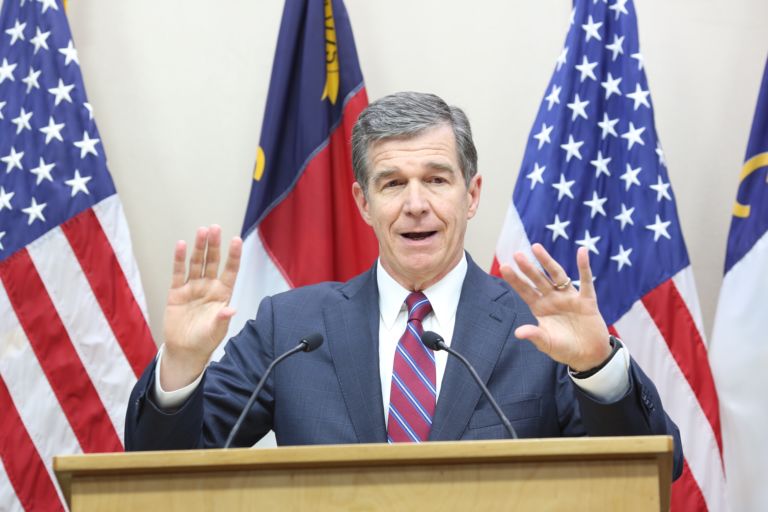Robert Pondiscio writes for the American Enterprise Institute about the latest victories for parental school choice.
Iowa became the third U.S. state to adopt “education savings accounts” that will enable all families to use state funds—an average of about $7500 a year—to pay for private school tuition or other forms of education spending. The state follows Arizona and West Virginia in making such programs universal, or eligible to all families, not just students with special needs as in the case in several states.
Proponents like to paint a picture of education savings accounts as a means of personalizing education, reflecting each child’s unique interests and needs, and empowering parents to choose from a full menu of options. As one high-profile advocacy group describes ESAs, “a child can attend private school and receive speech therapy on the side. Another child can learn math and science online, English and history at home, see a tutor twice a week and save leftover money for future education expenses.” In this vision, parents are in firm control of public education spending and can use ESAs “to create a personal approach to education, where the ultimate goal is maximizing natural learning abilities.”
It’s an appealing prospect, but as a practical matter only a subset of engaged and motivated parents are likely to have the bandwidth to cobble together an effective and coherent education from disparate service providers. This fuels the common complaint of ESA and voucher critics that such programs only benefit wealthy families while harming public schools.
Common sense suggests that low-income and working-class Americans are far more reliant on actual schools—ideally a safe, effective, and well-run school within a reasonable distance of where they live.
This makes all the more intriguing the news out of Arizona: … Great Hearts Academies, a well-regarded charter school operator that runs 42 schools in Arizona and Texas has been quietly seeking partners among religious congregations in the Phoenix area. They plan to launch a new network of private Christian classical schools the first of which will open in August.


